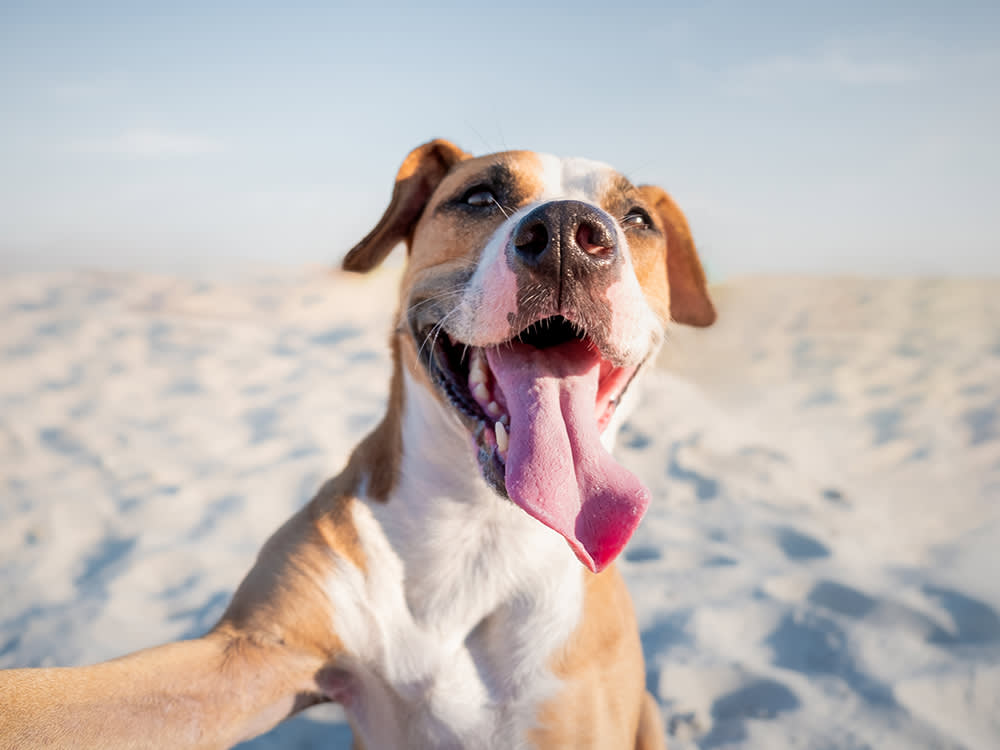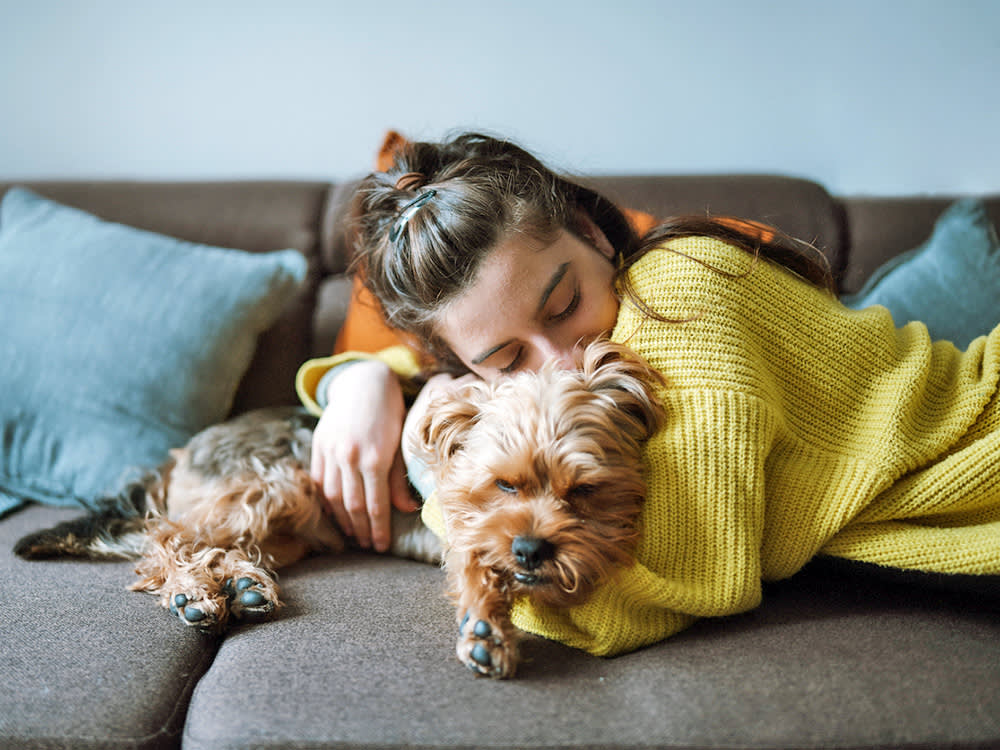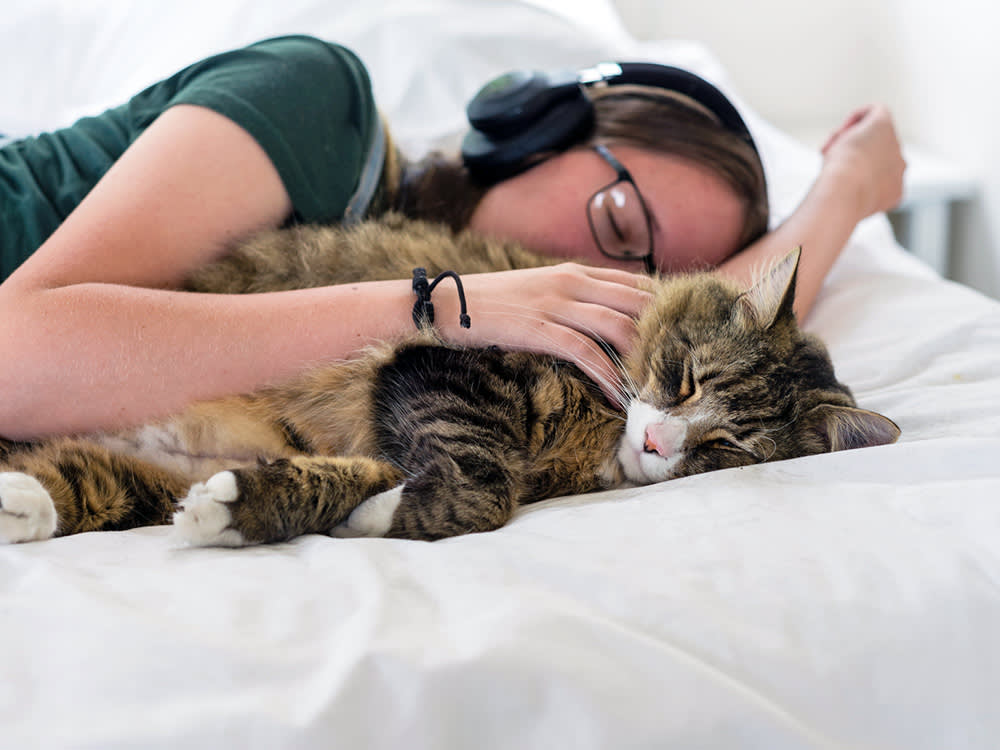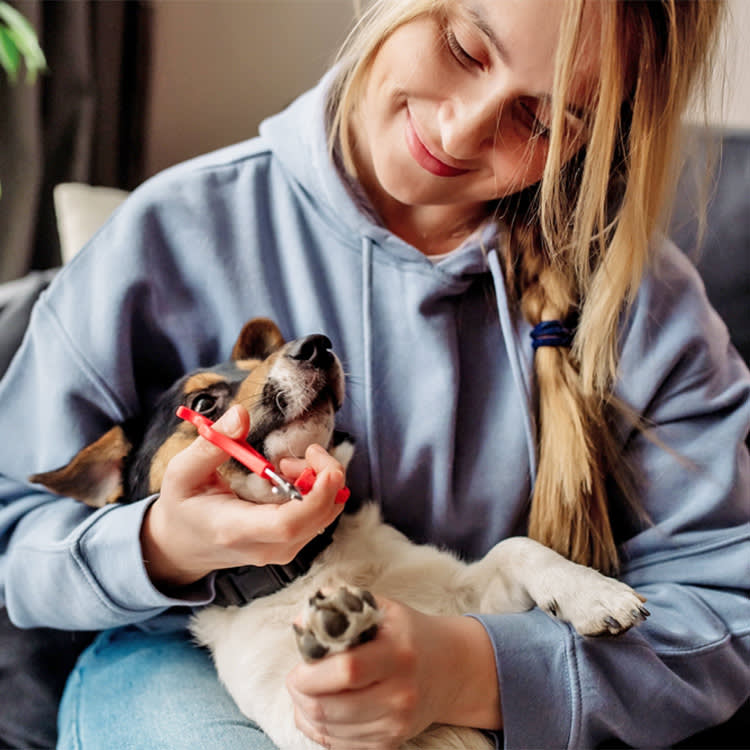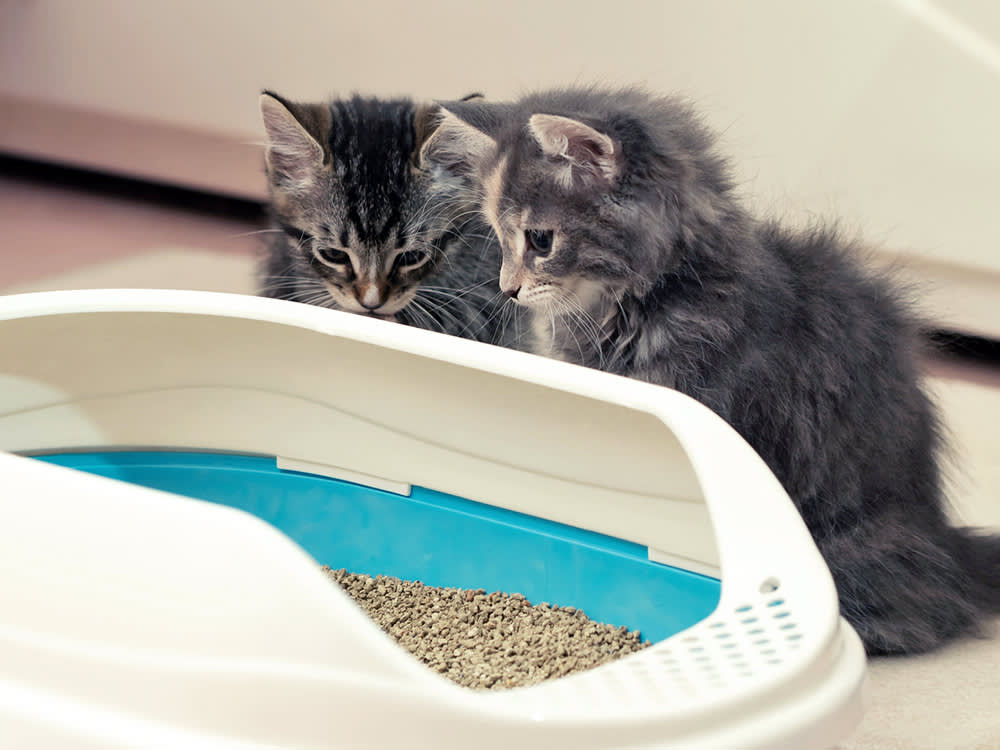How pet parents keep their cool
Featured
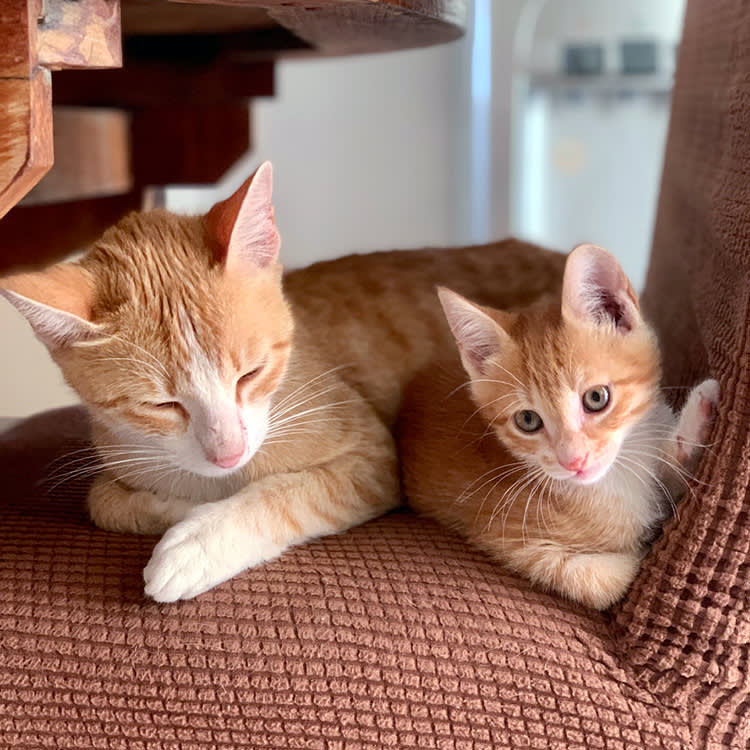
Kittens Really Need Their Moms—Science Says So
The “I’m just a baby” TikTok sound definitely applies here.
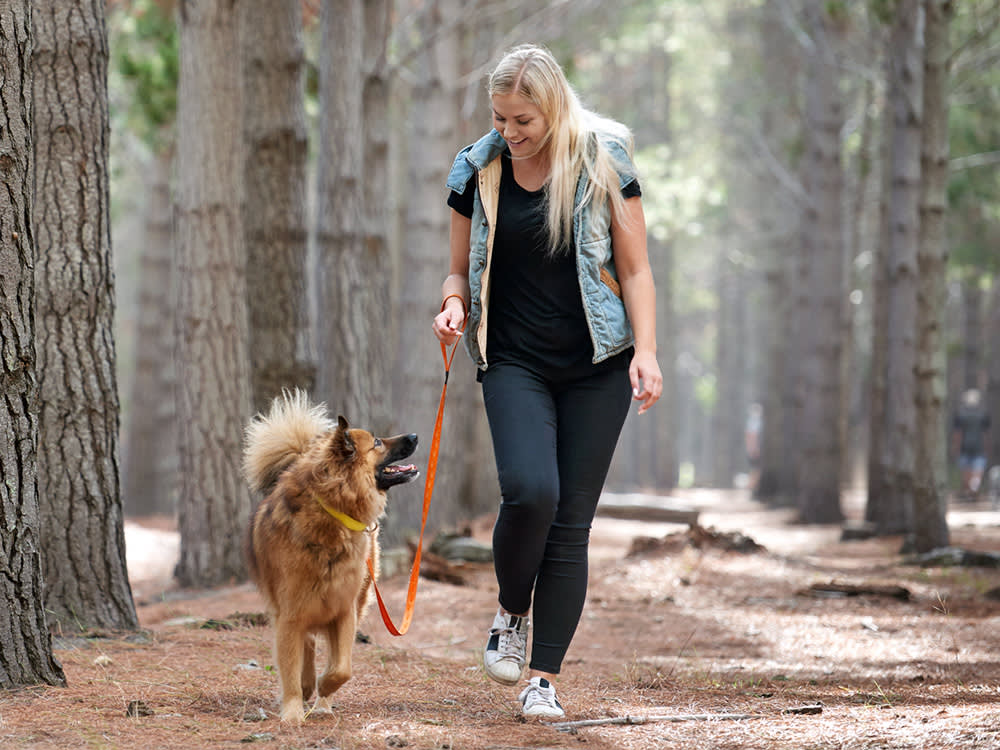
8 Dog Hiking Services That’ll Take Your Pup on a Nature Adventure For You
Most dogs can benefit from taking a walk on the wild side.
News
- lifestyle|To the Rescue
- lifestyle
- health
Got a new pet? Here’s what to do.
Let’s be real. Welcoming home a new dog or cat is a very cute but very crazy time. Thankfully, we’re here to help with a nifty new pet parent to-do list.
Get Startedopens in a new tabThe Latest
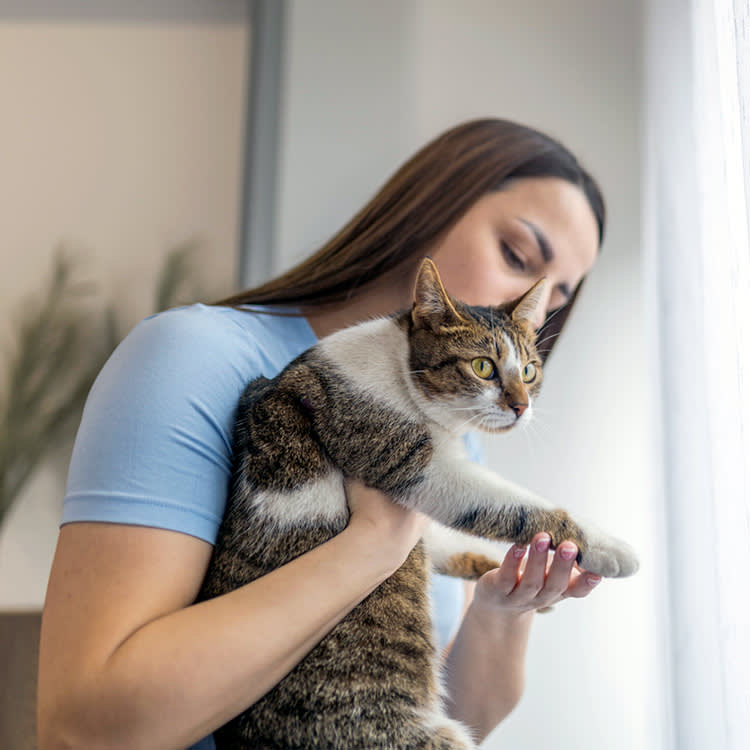
Is Cat Paw Reading Real? The Internet Thinks Your Kitty's “Toe Beans” Can Reveal Their Personality
Could the secret to understanding your cat be right under their paws?
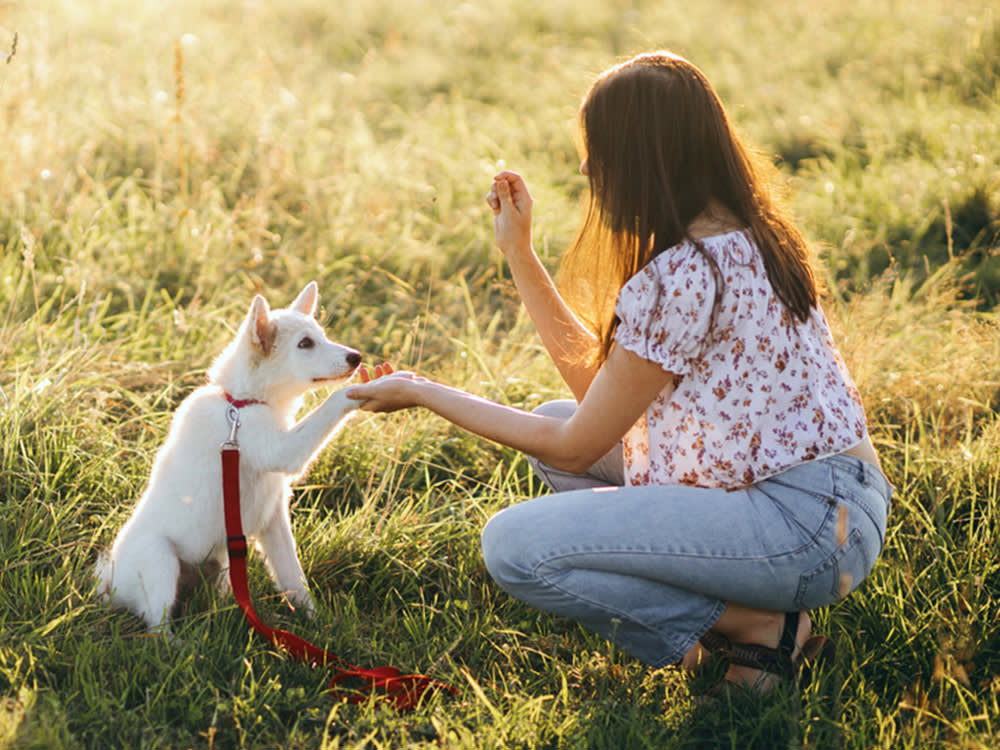
Why You Shouldn’t Be Skeptical of Positive Training Methods
It is powerful enough, even for the tough cases, and it is the best choice—here’s why.
Most Popular
- health
- behavior
- lifestyle
- shopping
- lifestyle|Heavy Petting
- behavior
Ask a Vet
Pet health question that’s not an emergency? Our vet team will answer over email within 48 hours. So, go ahead, ask us about weird poop, bad breath, and everything in between.
Health & Nutrition

5 Plants That Are Toxic to Your Dog
Thriving plants are spring’s whole thing—but these offenders can be perilous to pets.

Why Is Your Cat Puking Like They Partied All Night?
Here’s when you should worry.
Here’s when you should worry.
Behavior & Training
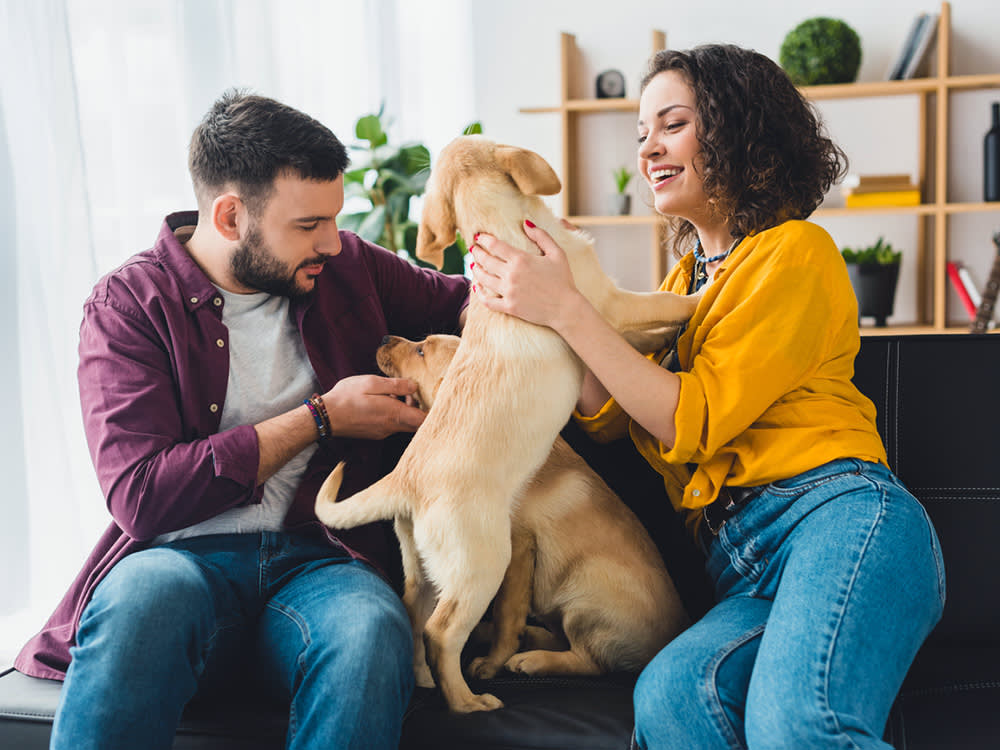
There Is More Than One “Right” Way to Socialize Your Puppy
Take it slow. This process should never feel like speed-dating.

Yes, It’s True: Study Says Cats Love People Who Don’t Like Cats
It’s not all in your head.
It’s not all in your head.
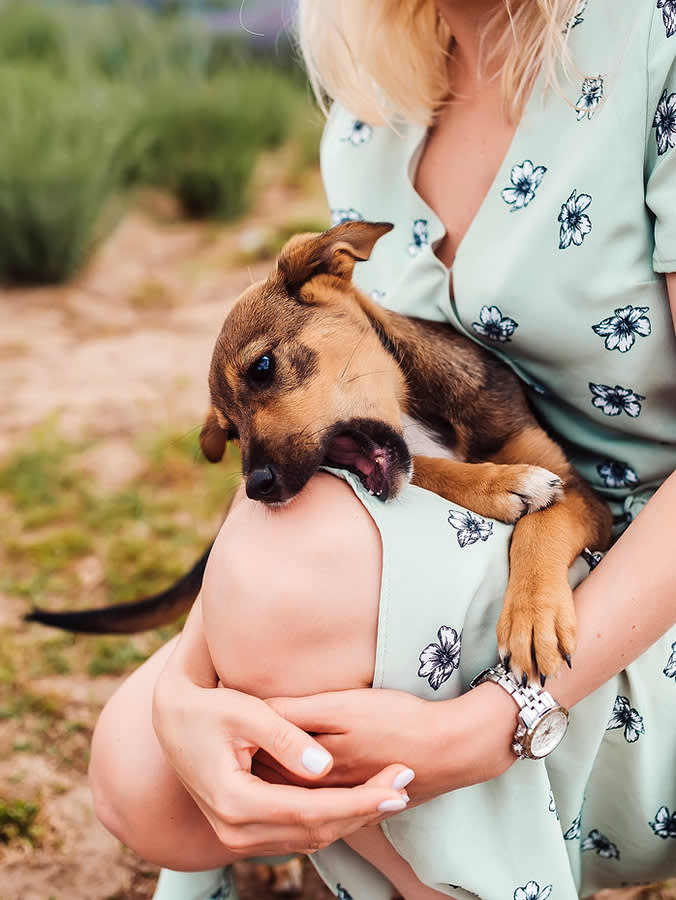
Why Does My Dog Nibble on Me?
Those little teeth are sweet, but they definitely don’t feel good on your hand.
Those little teeth are sweet, but they definitely don’t feel good on your hand.
Get your fix of The Wildest
We promise not to send you garbage that turns your inbox into a litter box. Just our latest tips and support for your pet.
Lifestyle

Mercury Is In Retrograde—Here’s How It Will Affect Your Pet This Aries Season
A Mercury petrograde, if you will—with a side of the zoomies.
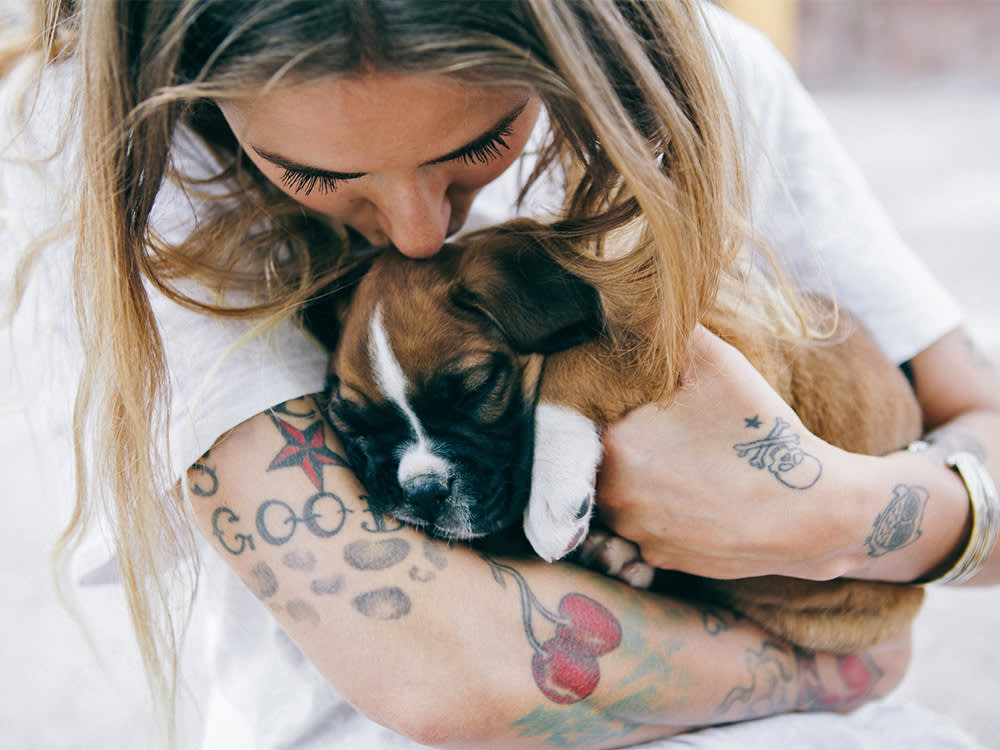
Regret Your Tattoo? Replace It With a Pet Portrait, Courtesy of Petsmart
Swap your ex’s initials with an image you’ll never get sick of looking at.
Swap your ex’s initials with an image you’ll never get sick of looking at.

Does Your Attachment Style Affect How You Are as a Pet Parent?
You know you’ve wondered this...
You know you’ve wondered this...
Shopping

Selena Gomez Thinks Your Pup Is Rare, Too—Check Out Her Beauty Brand’s New Dog Toys
Rare Beauty mascara-shaped plushie, anyone?
Rare Beauty mascara-shaped plushie, anyone?
Animal Welfare
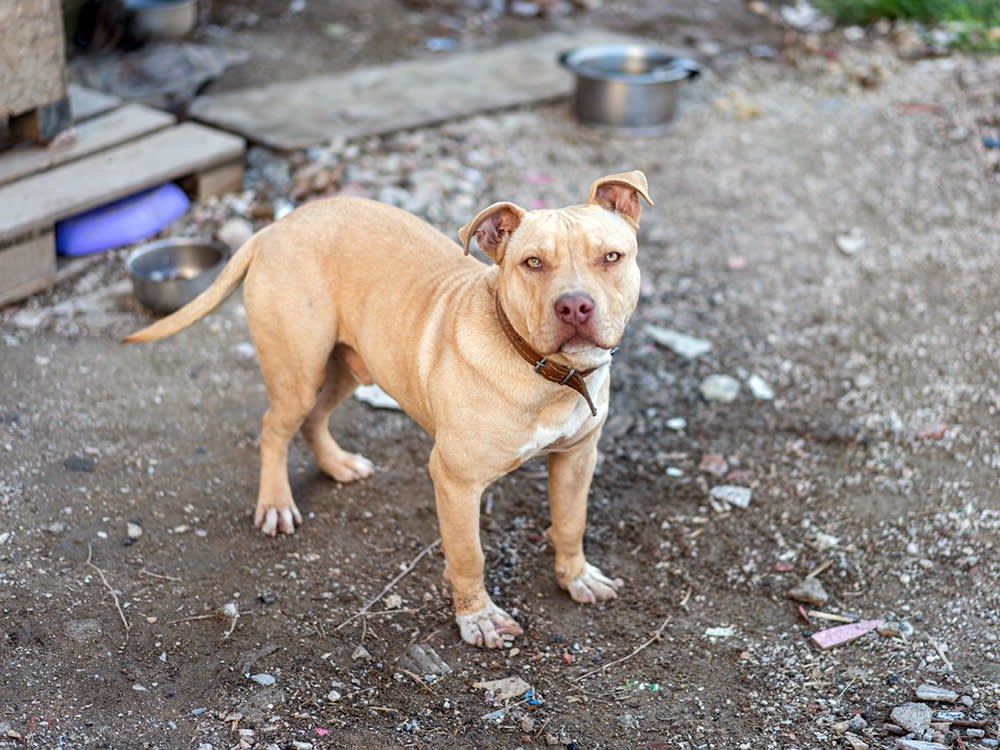
40 Dogs Were Rescued From Horrific Conditions, Thanks to a Viral Video
TikTok played a huge role in helping to free these pups.

Why Kitten Season Is Getting Longer and More Intense Every Year
And what you can do to help.
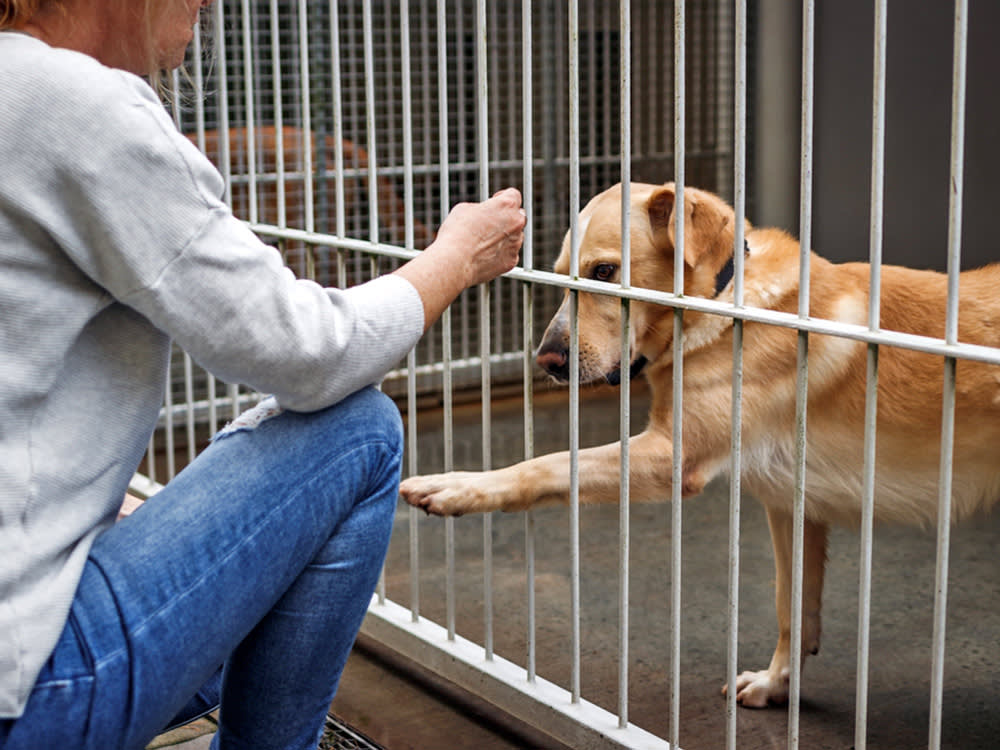
Los Angeles Bans New Breeding Permits Due to Shelter Overcrowding
Local lawmakers think breeding has gotten out of control.
New Dog Training 101
Look, new dogs are cute. But they’re also little alien monsters who have descended to destroy our furniture and our sleep. Still, we love them. Luckily, this program covers all the basics, from potty training to proper socialization—all through positive reinforcement. Time to stock up on treats!
Start Trainingopens in a new tab
Our editors and experts created the ultimate guide to the best products in pet care. Check out the winners—and snag some discounts too.
